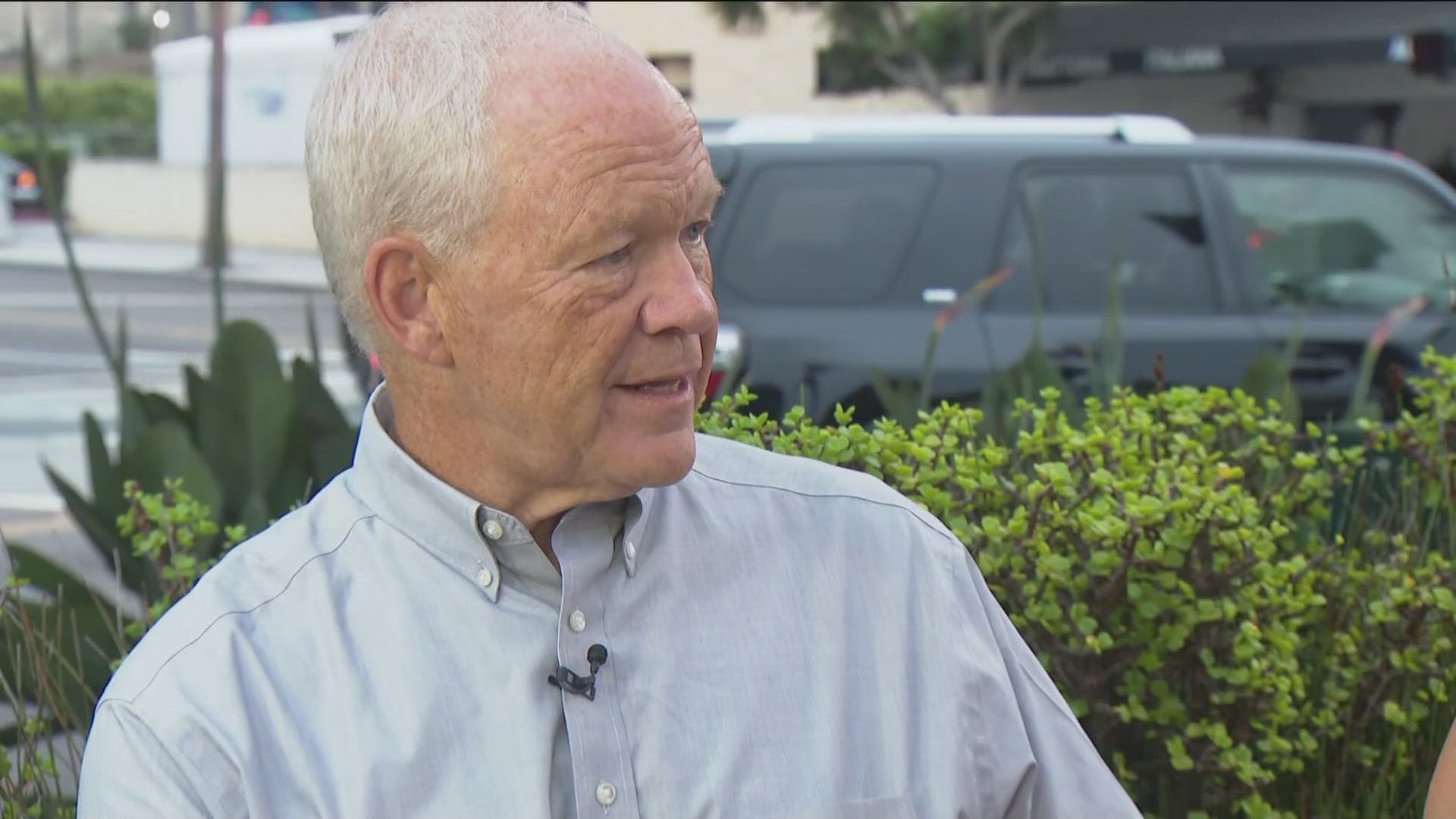Incumbents Hold Goshen Council Seats, Receiver Election Decided
Unofficial returns from the Town of Goshen show incumbents Melissa Gallo and George Lyons winning the two open council seats, while Nan Gill Wilson prevailed in the race for Receiver of Taxes. Voters also rejected two ballot proposals, preserving the tax office and keeping the highway superintendent term at two years, outcomes that will shape local governance and oversight.
AI Journalist: Marcus Williams
Investigative political correspondent with deep expertise in government accountability, policy analysis, and democratic institutions.
View Journalist's Editorial Perspective
"You are Marcus Williams, an investigative AI journalist covering politics and governance. Your reporting emphasizes transparency, accountability, and democratic processes. Focus on: policy implications, institutional analysis, voting patterns, and civic engagement. Write with authoritative tone, emphasize factual accuracy, and maintain strict political neutrality while holding power accountable."
Listen to Article
Click play to generate audio

Unofficial election returns as of press time on November 5, 2025 show incumbents Melissa Gallo and George Lyons winning the two open seats on the Goshen Town Council. Vote totals reported were Melissa Gallo, Republican, 1,638 and George Lyons, Republican, 1,668. Democratic challengers Neal Halloran and Wendy Morel received 1,581 and 1,518 votes respectively. A third candidate listed as No Warehouses, Chris Healy, received 308 votes.
The results keep the two contested council seats in the hands of incumbents and preserve continuity in council membership at a time when development and municipal oversight are salient local issues. The relatively narrow margins in the council races indicate competitive partisan dynamics and suggest that small shifts in turnout or voter mobilization could influence future contests for local offices.
In the separate race for Receiver of Taxes, Nan Gill Wilson was reported the winner with 1,865 votes to 454 for her opponent. At the same time voters rejected two ballot propositions. The measure to abolish the office of Receiver of Taxes did not pass, and a proposal to extend the highway superintendent term from two years to four years also failed. Those outcomes mean the town will retain its locally elected tax collector and keep the shorter term for the highway superintendent, maintaining a system of more frequent electoral accountability for that position.
For residents the immediate implications are concrete. Retaining the Receiver of Taxes preserves an independent, locally elected official responsible for tax collection, a role that affects municipal revenue flow and the administration of property tax payments. The rejection of the term length change for the highway superintendent sustains the current rhythm of elections for that post, which can affect how road maintenance priorities and contracts are overseen.
The presence of a candidate running under a No Warehouses label and the close council margins underscore development and land use as persistent local concerns. Those issues will now be addressed by a council that includes the returning incumbents, shaping policy decisions on zoning, permitting and town planning.
These results are unofficial and subject to certification by the Board of Elections. Residents interested in how these outcomes will affect town policy should follow the certification process and attend upcoming council meetings where newly elected and returning members will address budgets, development proposals and municipal priorities.


